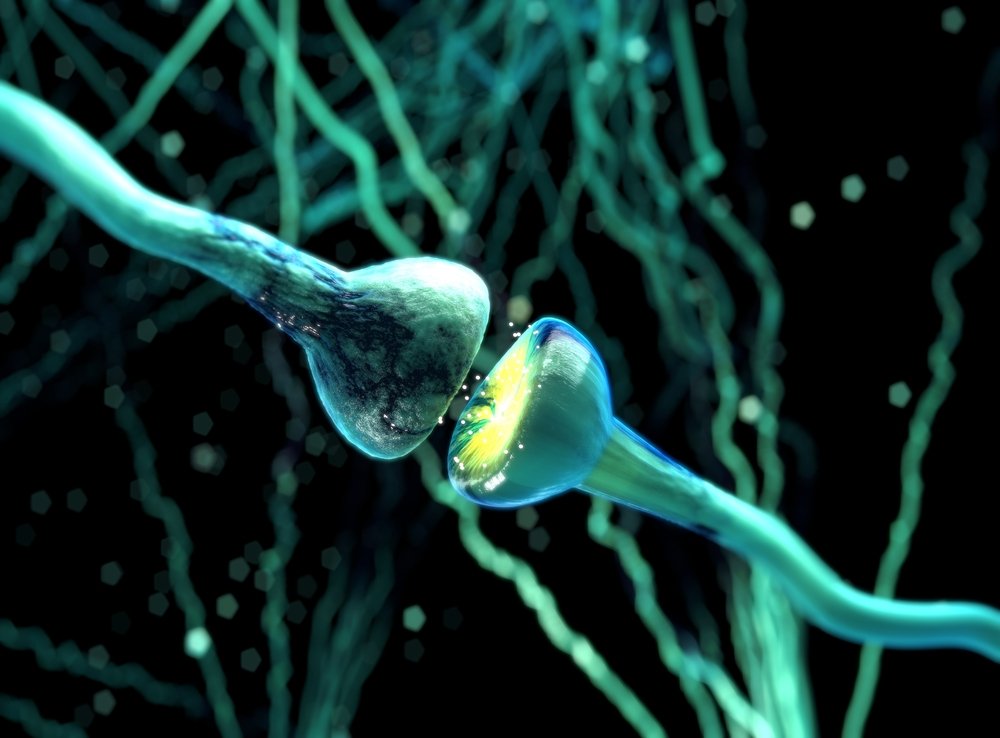Oral Diazepam Curbs Children with Angelman Syndrome’s Nonconvulsive Epilepsy, Study Shows
Written by |

Oral diazepam is an effective treatment for Angelman syndrome patients who have prolonged seizure activity without convulsions, a study shows. It is also safe, researchers said.
The study, “Diazepam for outpatient treatment of nonconvulsive status epilepticus in pediatric patients with Angelman syndrome,” appeared in the journal Epilepsy & Behaviors.
Diazepam, a type of benzodiazepine, works by calming the brain and nerves. It is used to treat anxiety, alcohol withdrawal, and seizures, to relieve muscle spasms and to sedate a patient before a medical procedure.
Nonconvulsive status epilepticus, or NCSE, is a type of epilepsy that involves prolonged seizure activity without convulsions. Half of Angelman syndrome patients experience NCSE, which can occur in children with other genetic neurological diseases as well.
Intravenous benzodiazepines are used to treat patients with NCSE that is bad enough to require hospitalization. But there is no consensus on how to treat cases that do not require hospitalization.
At the moment, experts do not recommend aggressive treatment of NCSE that does not require hospitalization. And, unfortunately, no clinical trials have been conducted that support the use of a particular therapy.
A research team wondered if tapering doses of oral diazepam was an effective way to treat the NCSE of children with Angelman syndrome.
Their study covered 13 children who had had a combined 25 episodes of NCSE. Six had experienced just one episode each, and seven recurrent episodes.
They received oral diazepam for four to 12 days, with the median being six days. The doses ranged from 0.18 to 0.57 mg/kg/day, with the mean being 0.32 mg/kg/day. The children received two to three administrations of the therapy, with doses reduced every two days.
Most of the children responded to the initial course of treatment. Some who responded only partially needed a second course immediately after the first.
The study’s key finding was that oral diazepam was able to treat 80 percent of NCSE episodes.
Patients also tolerated it well, and there were no major side effects. In fact, patients tolerated even the highest dose. And only two of the 25 patients experienced a side effect — fatigue.
“A short course of oral diazepam is well-tolerated and effective in patients with AS who have ambulatory NCSE [a case requiring no hospitalizaton]. It may be considered prior to escalating to inpatient care in AS and possibly other epilepsy syndromes,” the researchers concluded.





